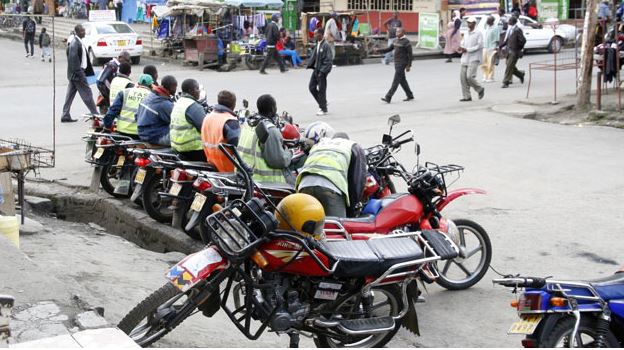×
The Standard e-Paper
Kenya’s Boldest Voice

This week, I’ve witnessed several cases of motorcycle taxis, or boda bodas, being loaded into ‘breakdowns’ in Nairobi.
I’m not sure where they are taken, but the presence of the police makes me assume they’re taken to police stations and to court.